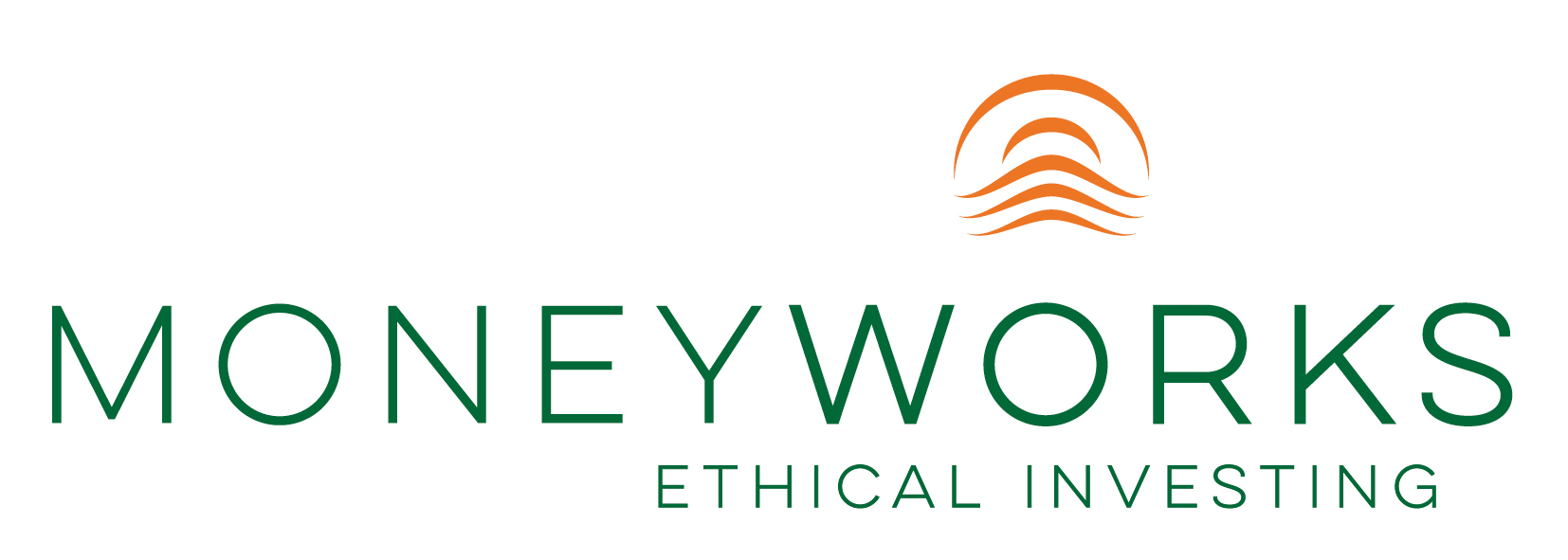



Moneyworks NZ Ltd

Waikato Region, New Zealand
August 2022
Investment advising
Service with Minor Environmental Footprint
New Zealand
Moneyworks is a financial advisory business based in Cambridge, but working throughout New Zealand. They specialise in helping clients reach their financial goals in an ethical way. Being a B Corp reflects their values and Moneyworks seeks investments for their clients that operate in the ethical space, to reflect clients values. Ethical investing is tricky as there is no 'right' solution for everyone. Moneyworks wants clients investments to reflect what is important to them, and to cut through the greenwashing. Moneyworks proprietary and unique systems and processes provide their clients with an independent and personalised report (and understanding) of what exposure they have to 'nasties' in their investments and KiwiSaver. A key part of their approach is to educate clients on the tricky bits of ethical investing, and to hold the fund managers that they recommend to account through active engagement with them. Moneyworks uses technology (in-house robot Millie) to offer clients a customer service experience that reduces the teams time spent on administration, so that they can focus on clients questions and experiences, and on understanding the financial solutions that they offer to clients, while providing detailed, thorough reporting on clients investments.
Overall B Impact Score
Governance 16.4
Governance evaluates a company's overall mission, engagement around its social/environmental impact, ethics, and transparency. This section also evaluates the ability of a company to protect their mission and formally consider stakeholders in decision making through their corporate structure (e.g. benefit corporation) or corporate governing documents.
What is this? A company with an Impact Business Model is intentionally designed to create a specific positive outcome for one of its stakeholders - such as workers, community, environment, or customers.
Governance 16.4
Governance evaluates a company's overall mission, engagement around its social/environmental impact, ethics, and transparency. This section also evaluates the ability of a company to protect their mission and formally consider stakeholders in decision making through their corporate structure (e.g. benefit corporation) or corporate governing documents.
What is this? A company with an Impact Business Model is intentionally designed to create a specific positive outcome for one of its stakeholders - such as workers, community, environment, or customers.
Workers 28.8
Workers evaluates a company’s contributions to its employees’ financial security, health & safety, wellness, career development, and engagement & satisfaction. In addition, this section recognizes business models designed to benefit workers, such as companies that are at least 40% owned by non-executive employees and those that have workforce development programs to support individuals with barriers to employment.
Community 15.8
Community evaluates a company’s engagement with and impact on the communities in which it operates, hires from, and sources from. Topics include diversity, equity & inclusion, economic impact, civic engagement, charitable giving, and supply chain management. In addition, this section recognizes business models that are designed to address specific community-oriented problems, such as poverty alleviation through fair trade sourcing or distribution via microenterprises, producer cooperative models, locally focused economic development, and formal charitable giving commitments.
Environment 10.2
Environment evaluates a company’s overall environmental management practices as well as its impact on the air, climate, water, land, and biodiversity. This includes the direct impact of a company’s operations and, when applicable its supply chain and distribution channels. This section also recognizes companies with environmentally innovative production processes and those that sell products or services that have a positive environmental impact. Some examples might include products and services that create renewable energy, reduce consumption or waste, conserve land or wildlife, provide less toxic alternatives to the market, or educate people about environmental problems.
Customers 31.3
Customers evaluates a company’s stewardship of its customers through the quality of its products and services, ethical marketing, data privacy and security, and feedback channels. In addition, this section recognizes products or services that are designed to address a particular social problem for or through its customers, such as health or educational products, arts & media products, serving underserved customers/clients, and services that improve the social impact of other businesses or organizations.
What is this? A company with an Impact Business Model is intentionally designed to create a specific positive outcome for one of its stakeholders - such as workers, community, environment, or customers.